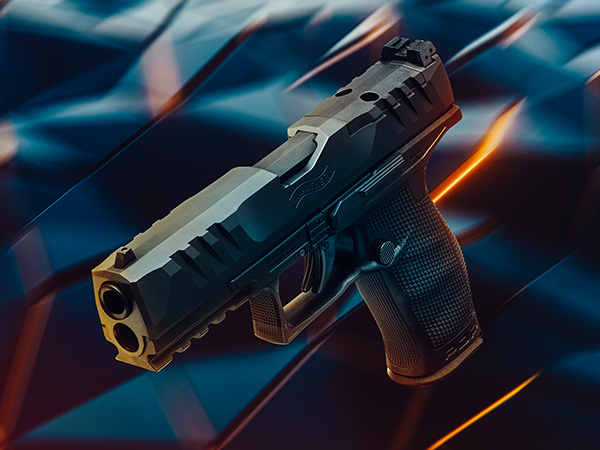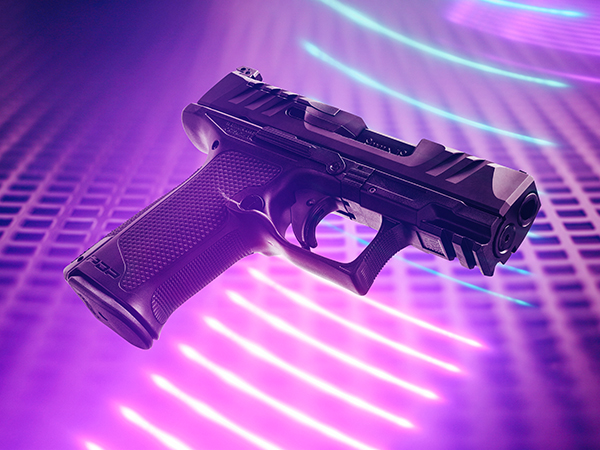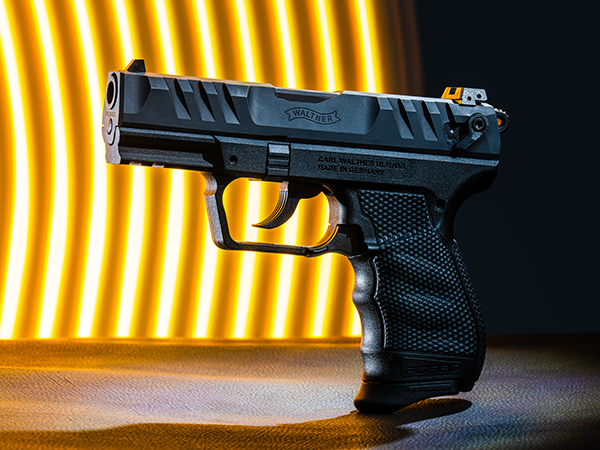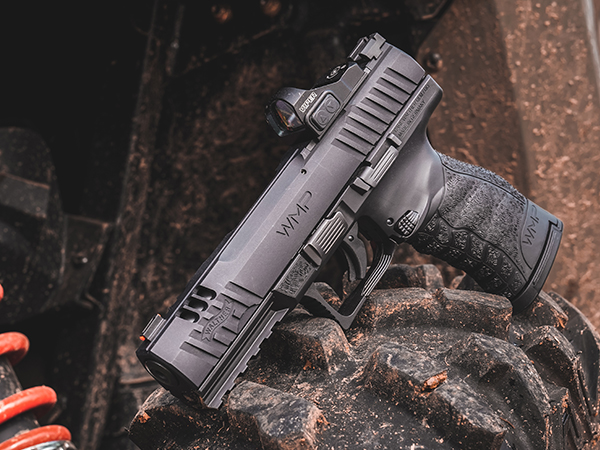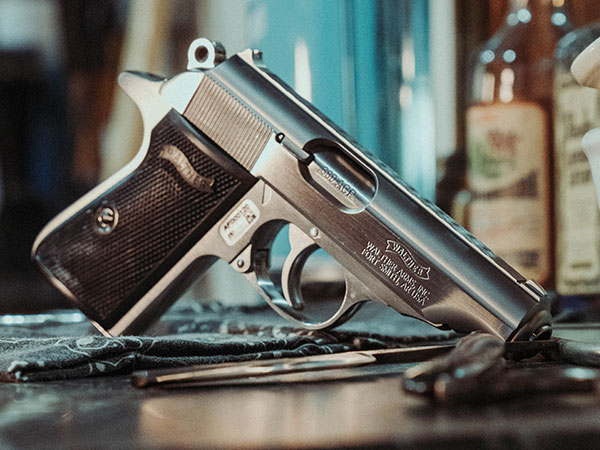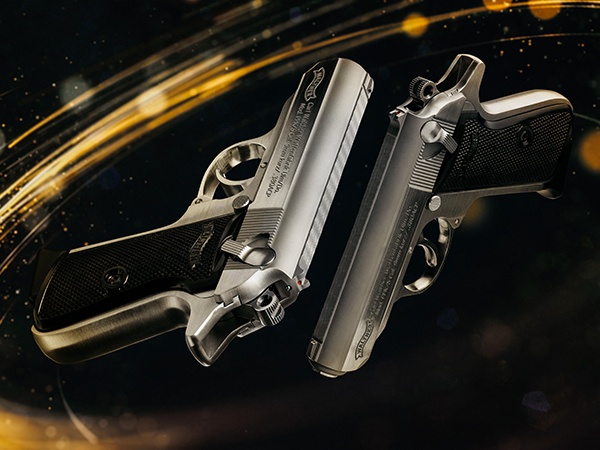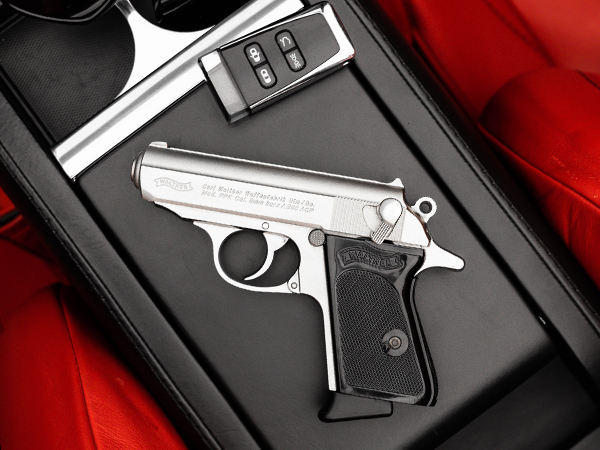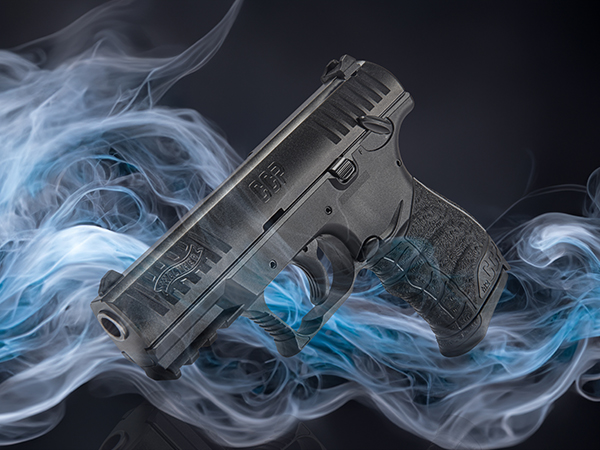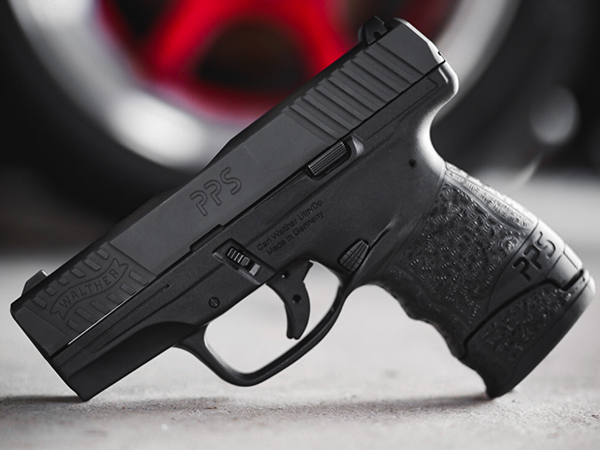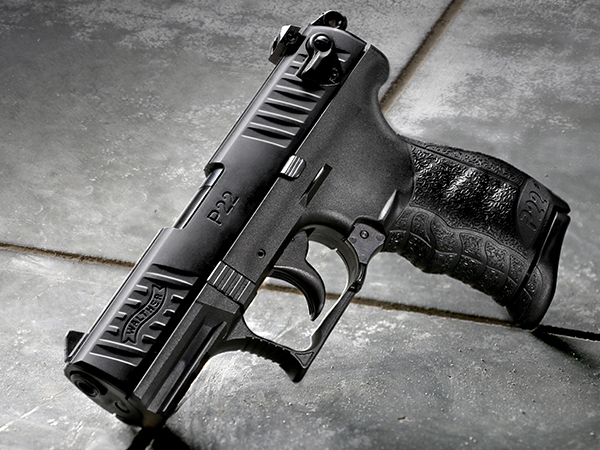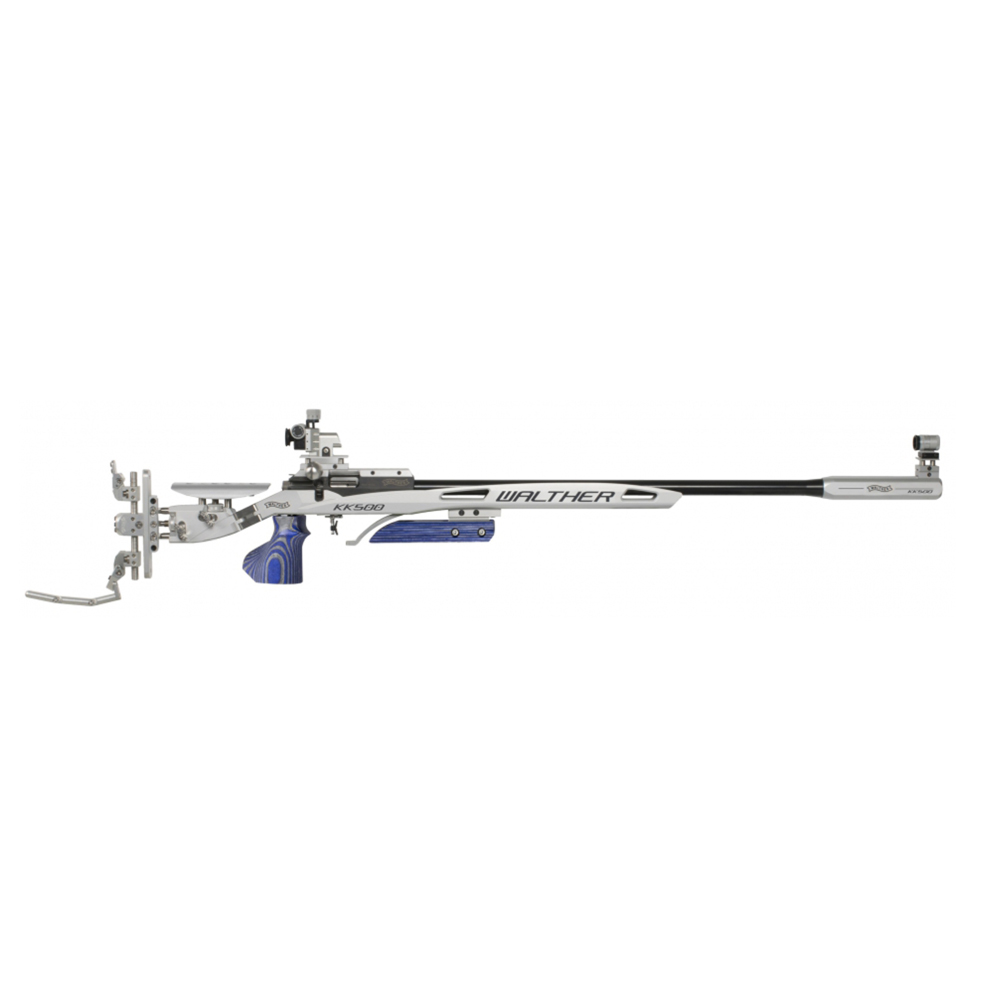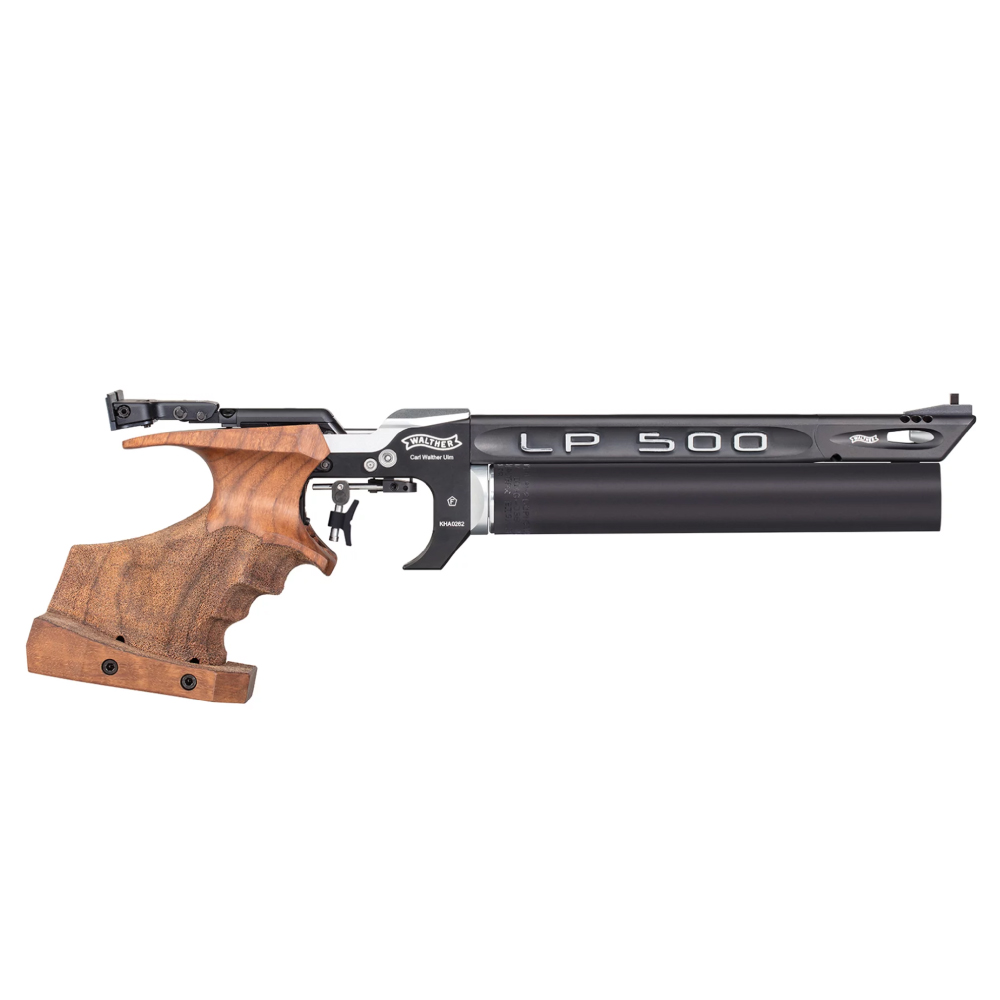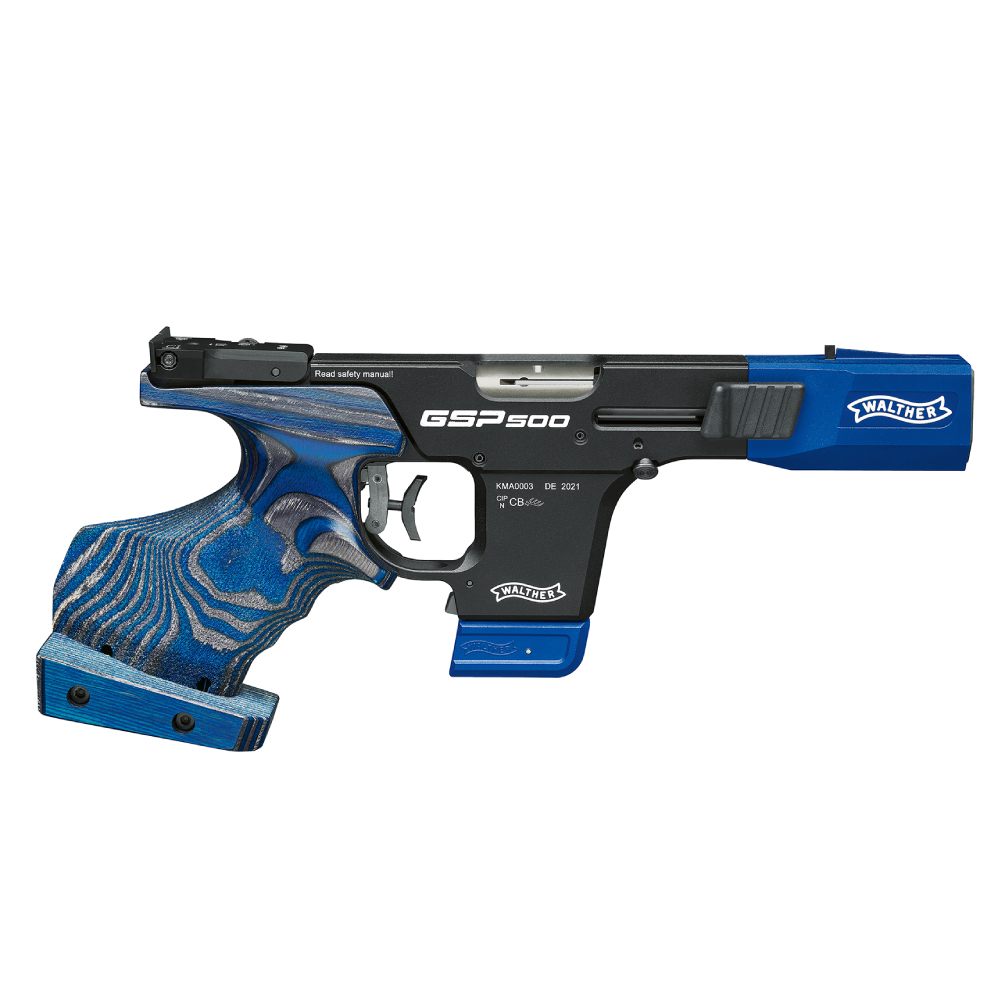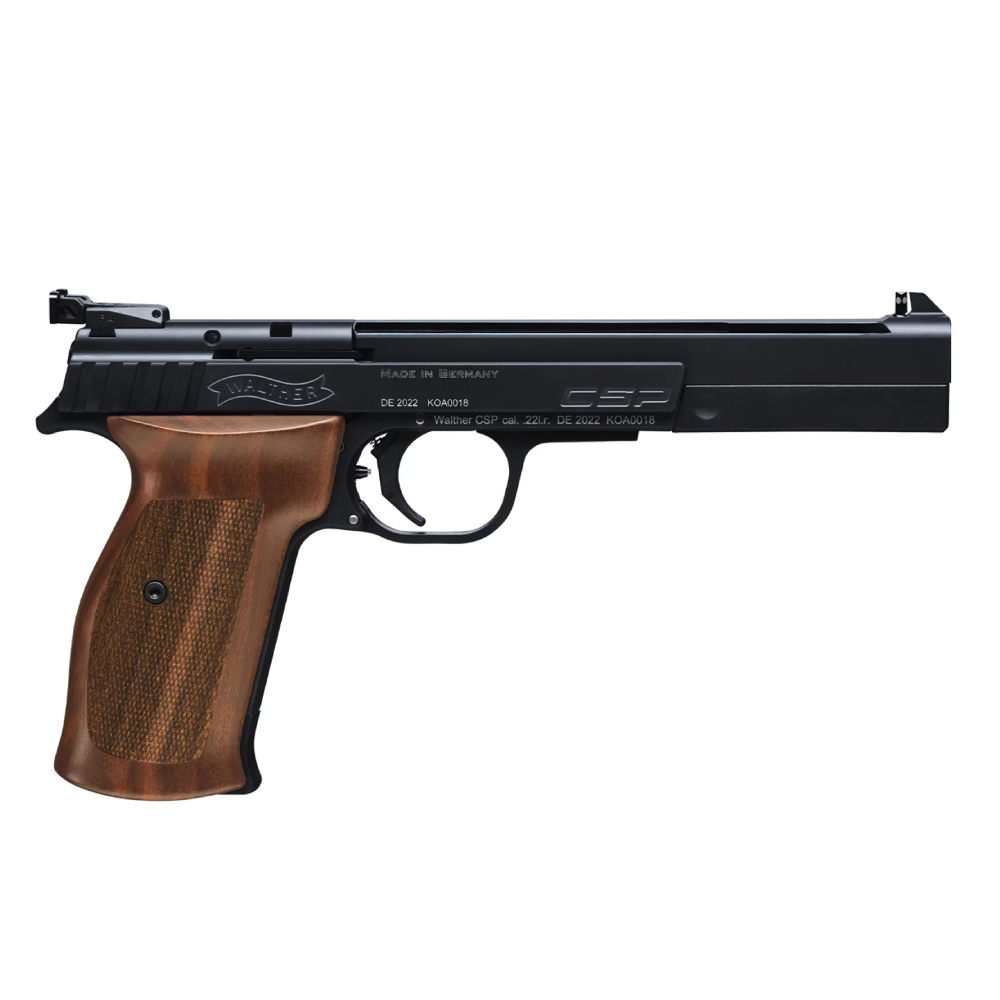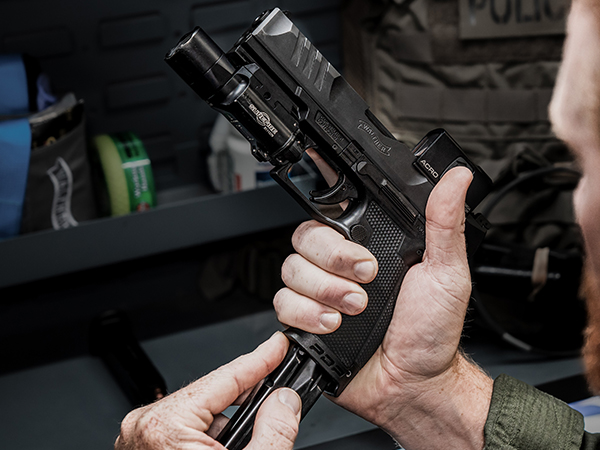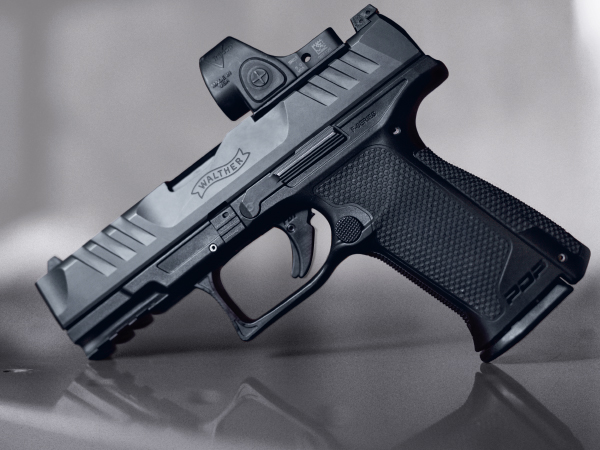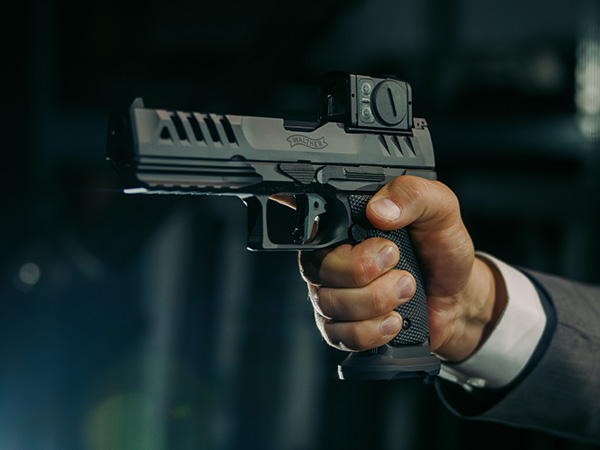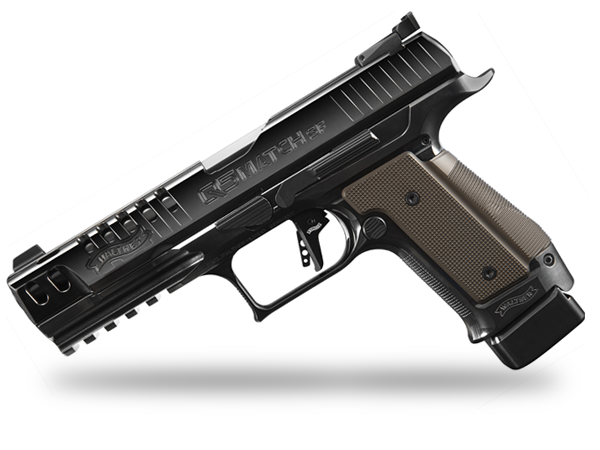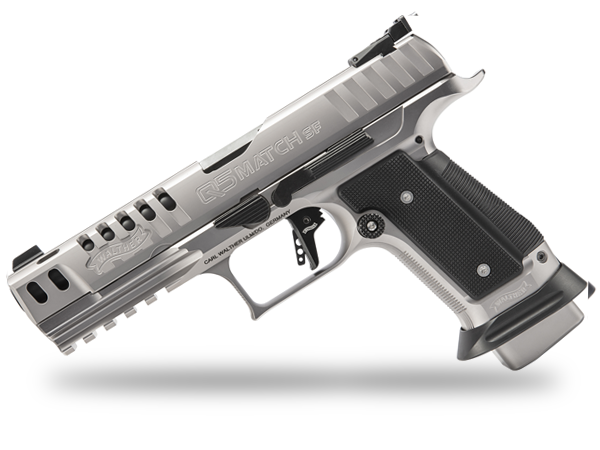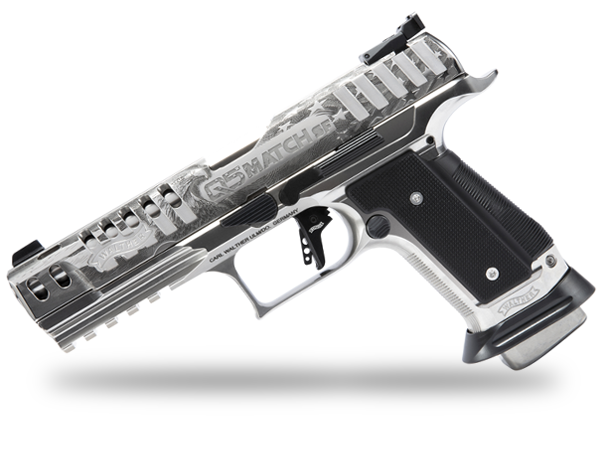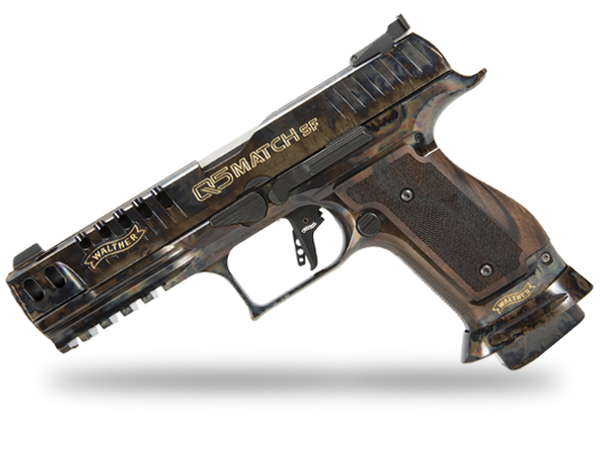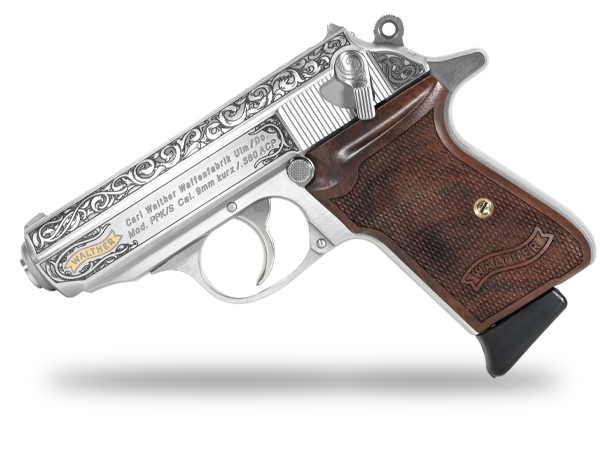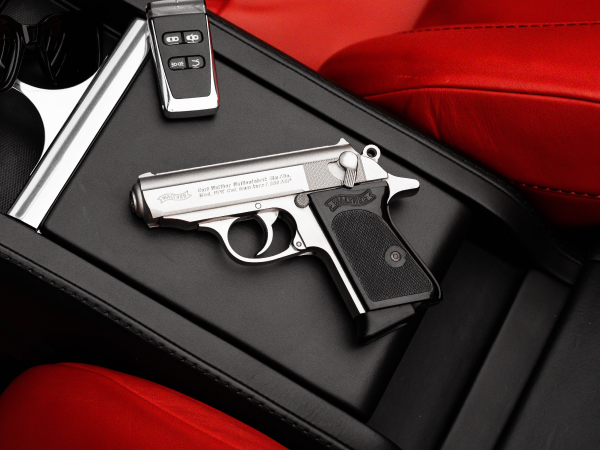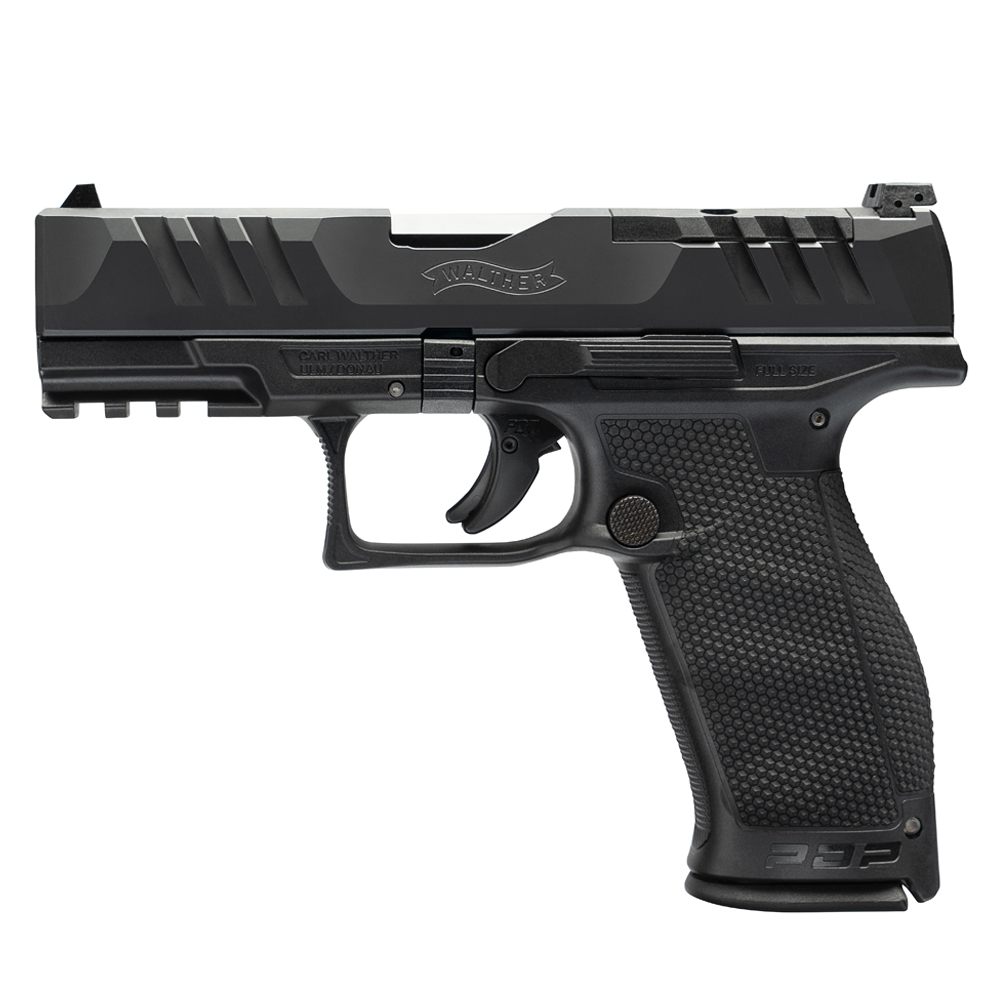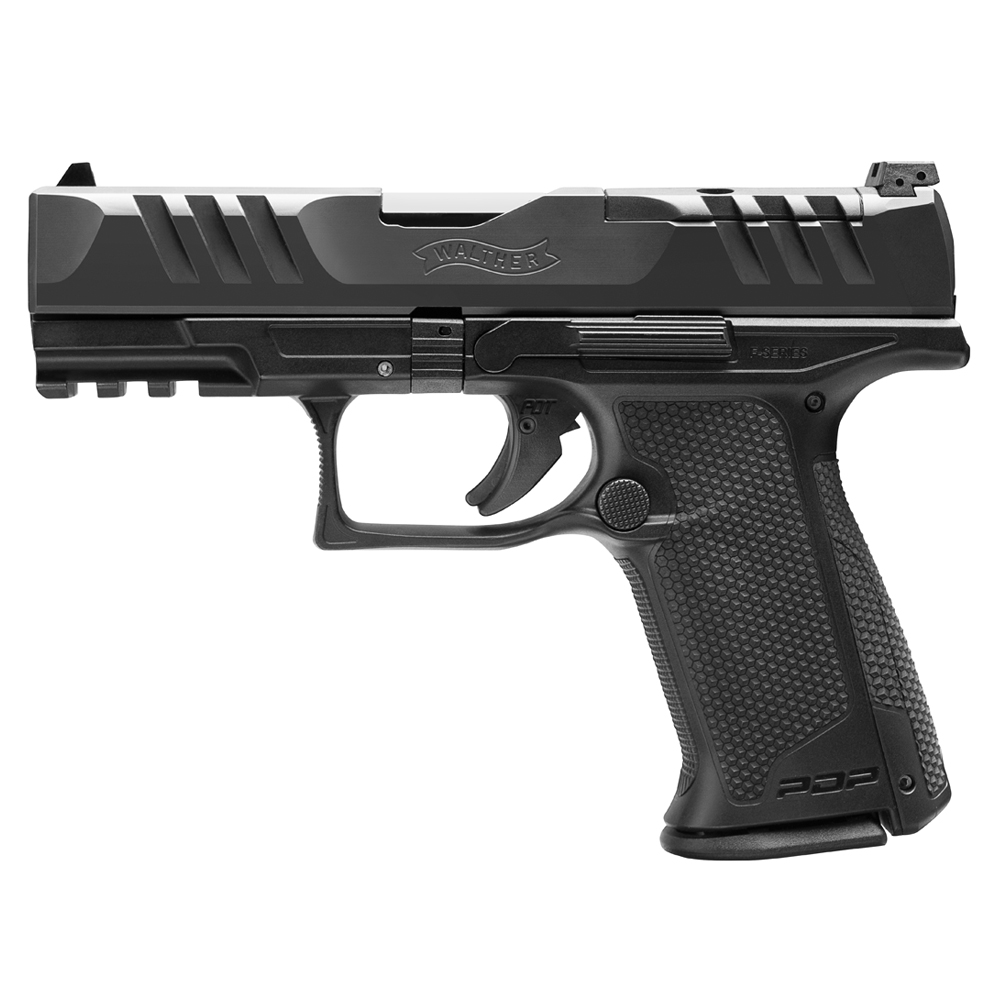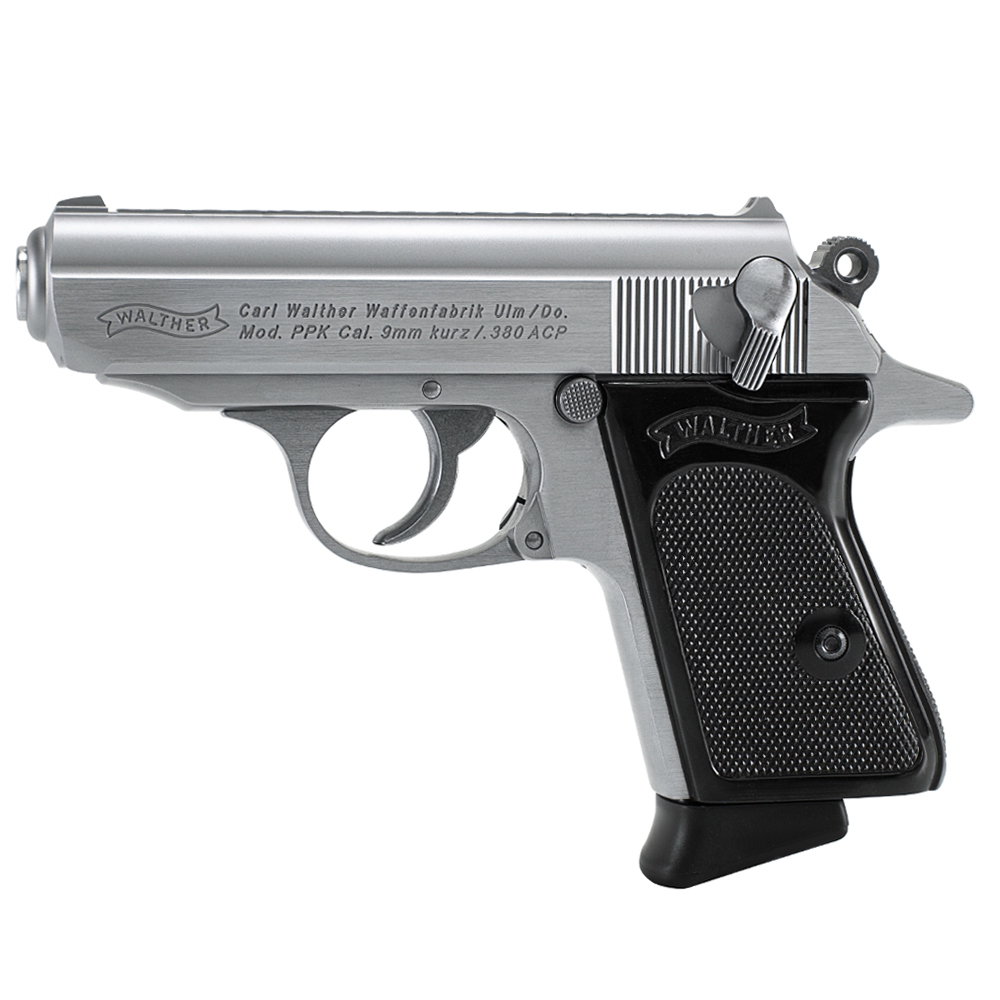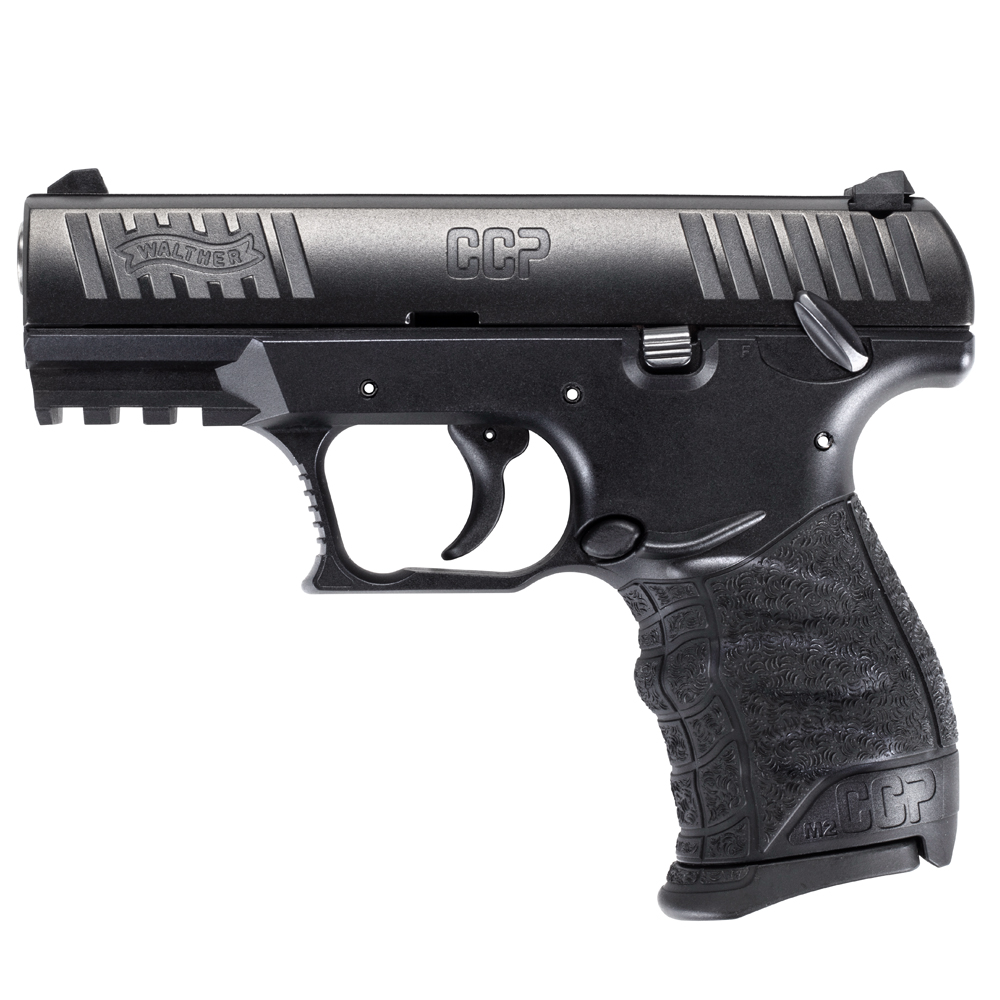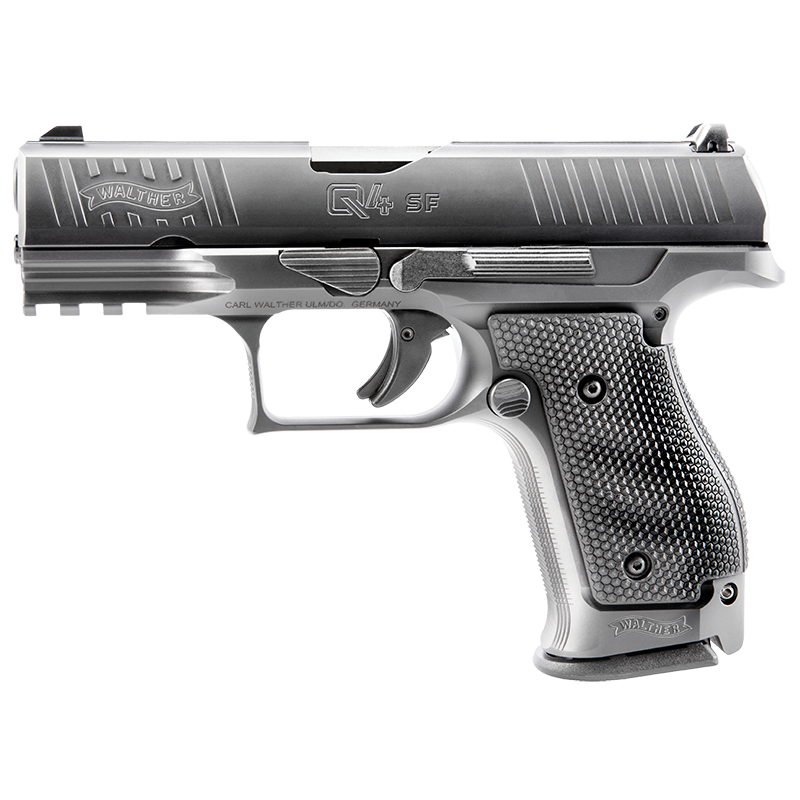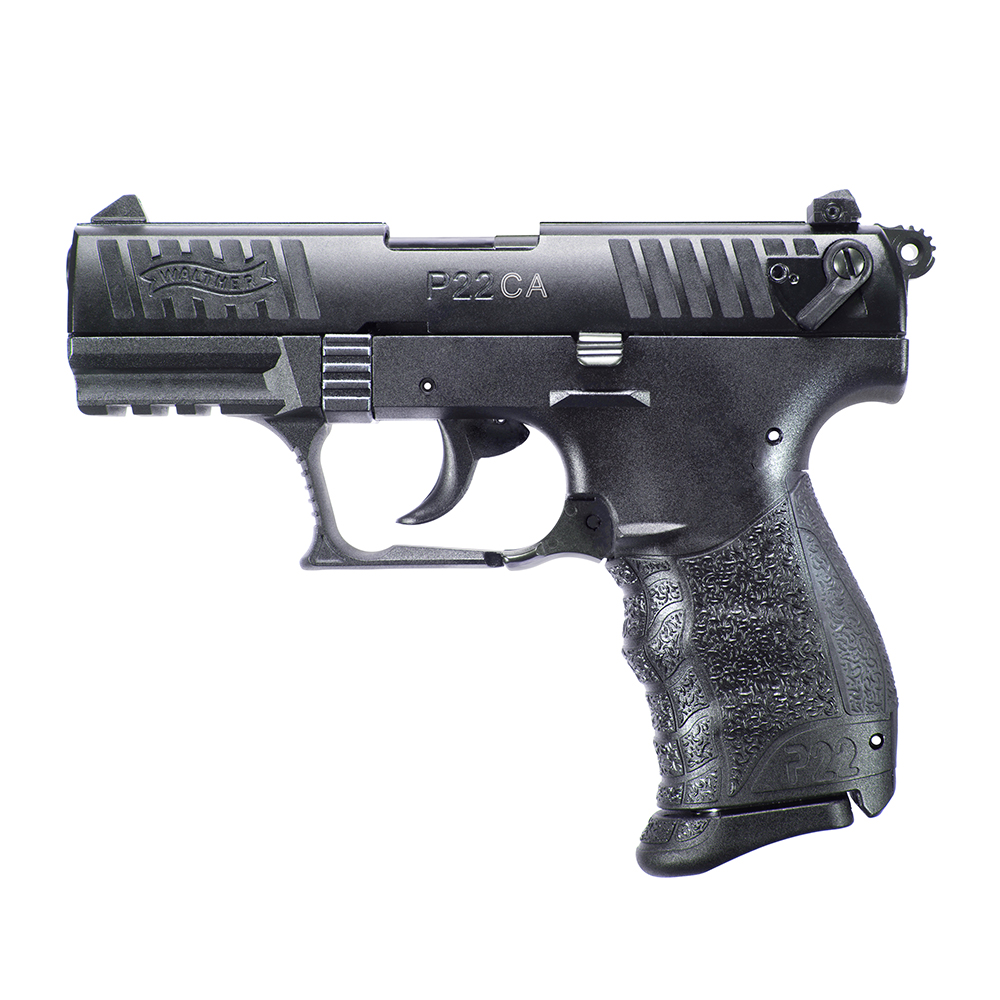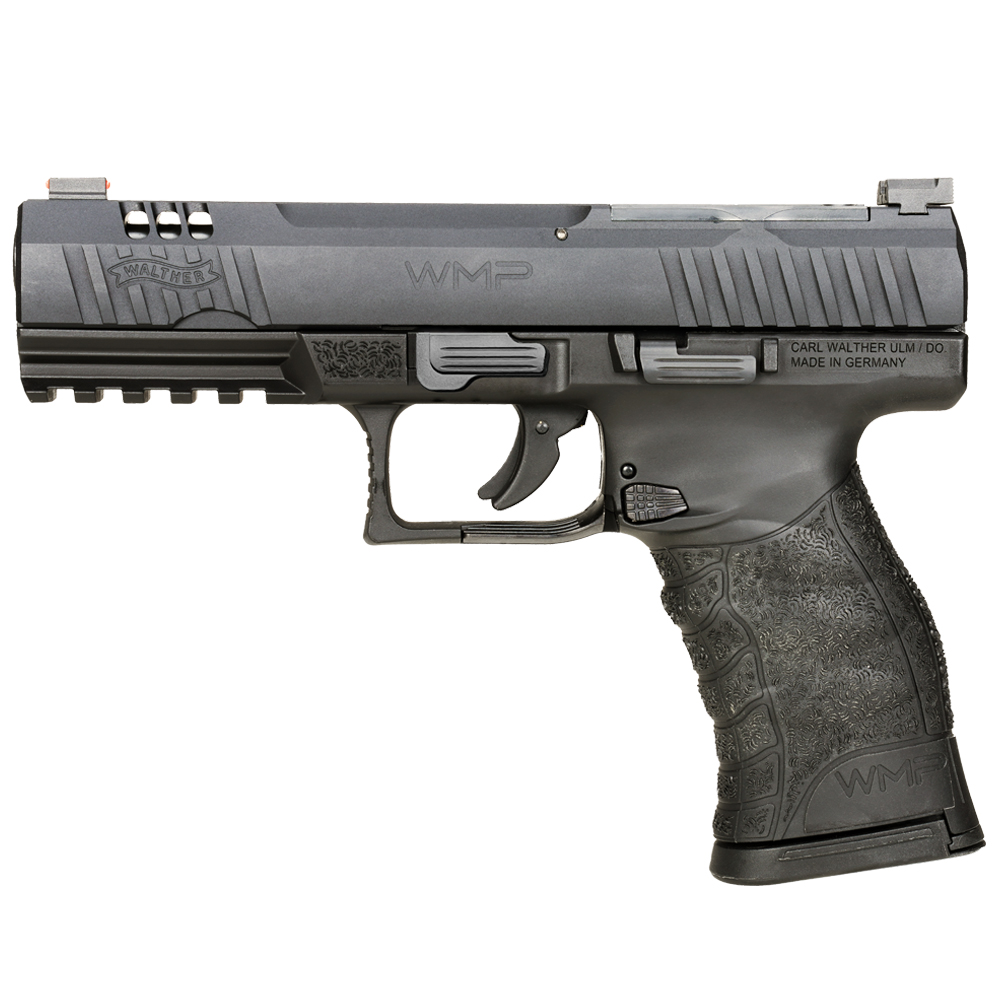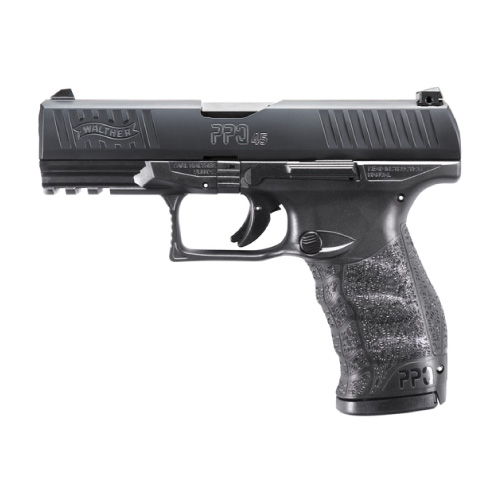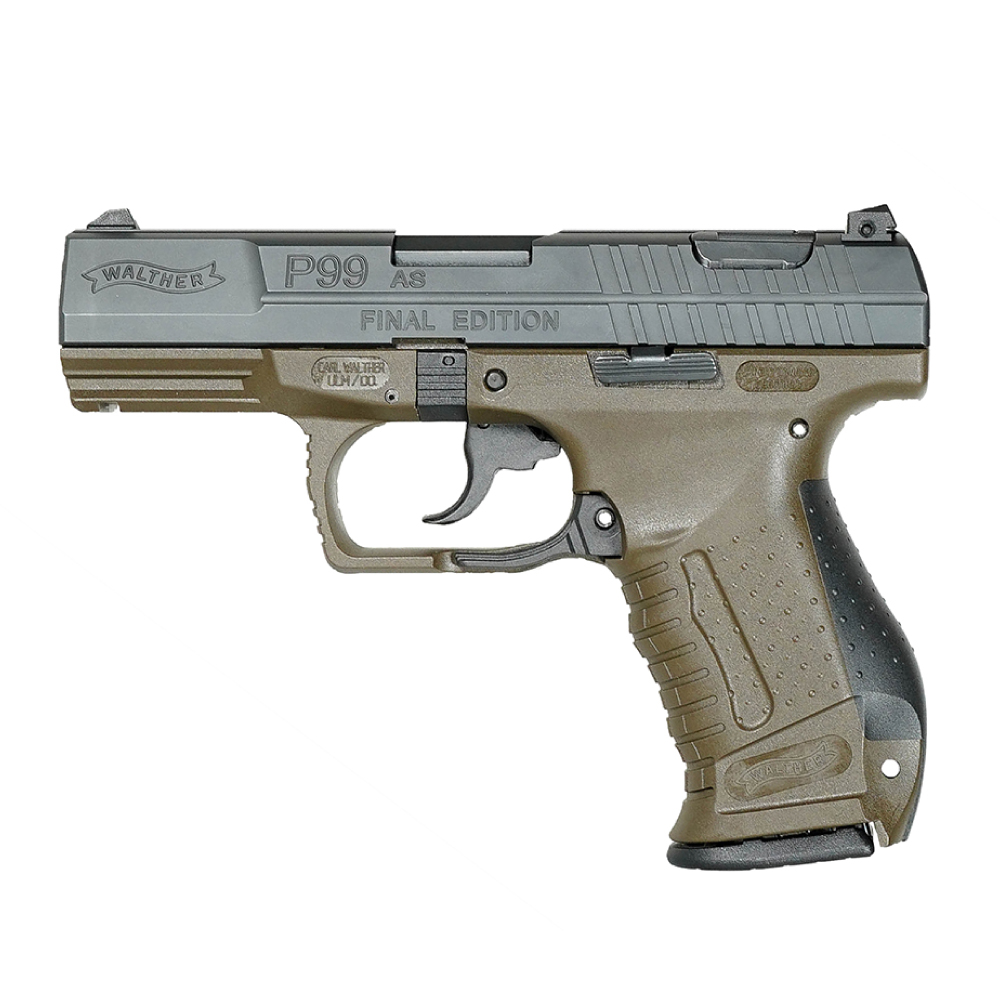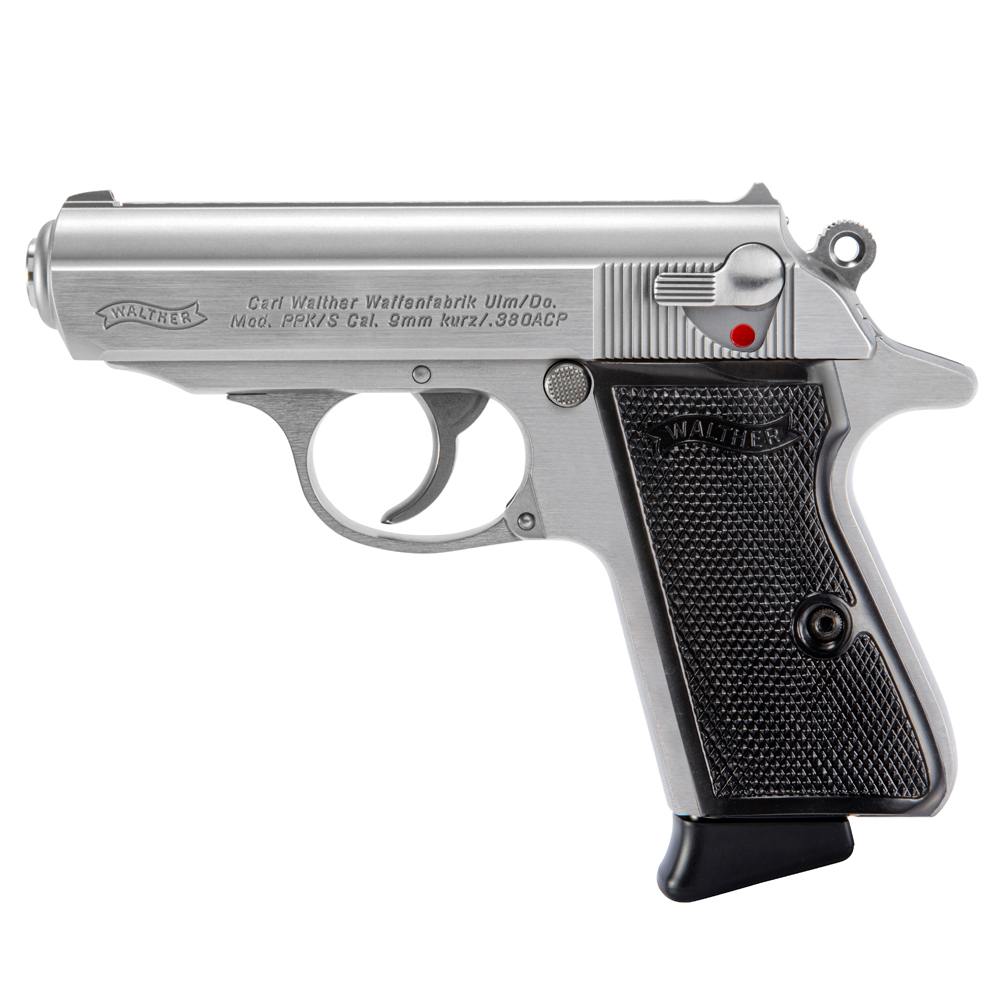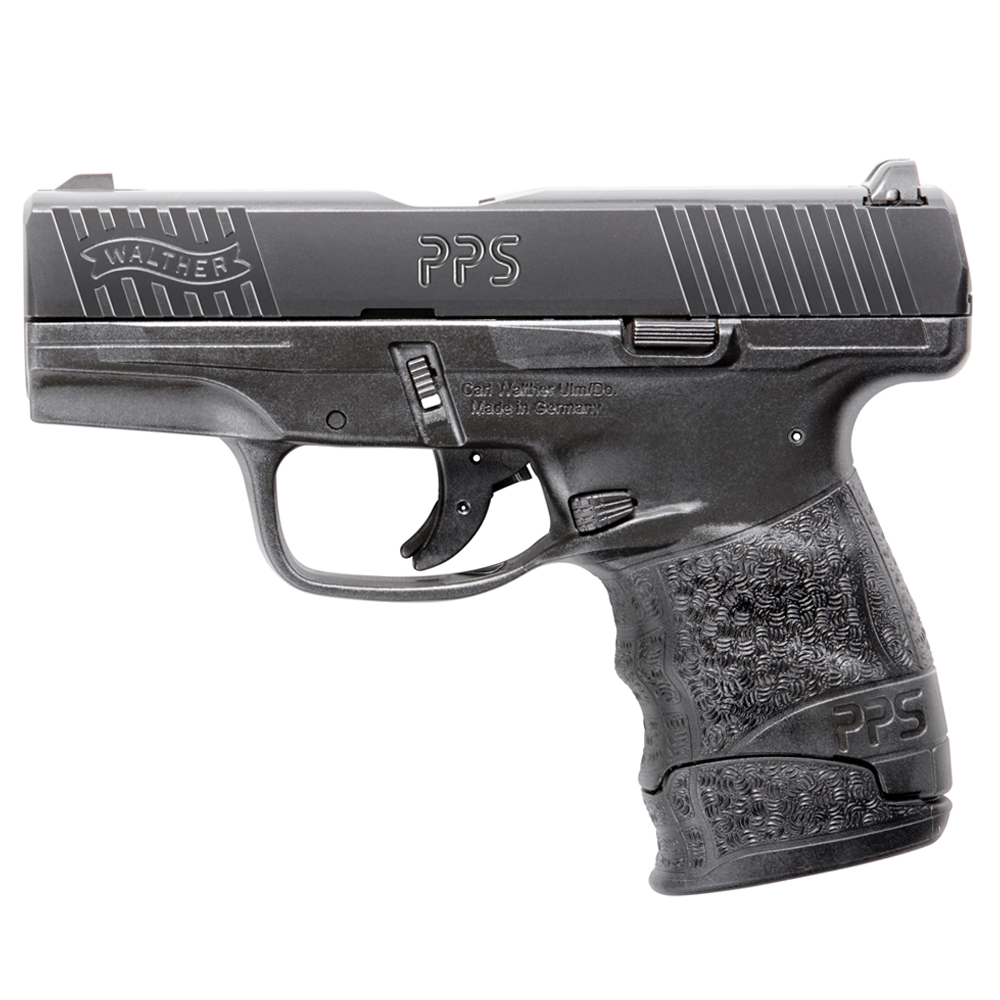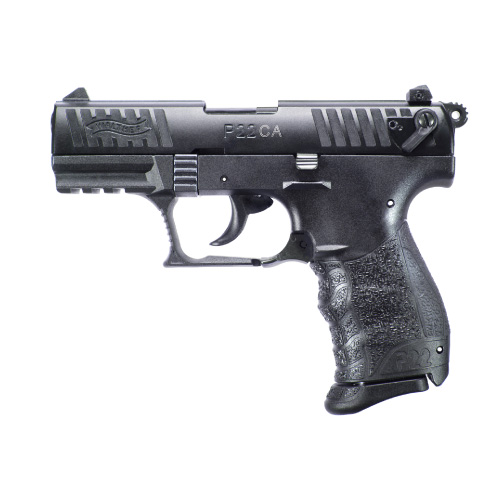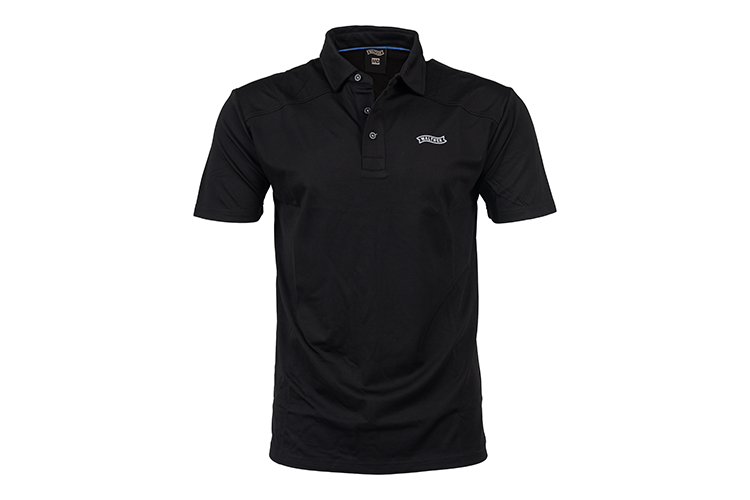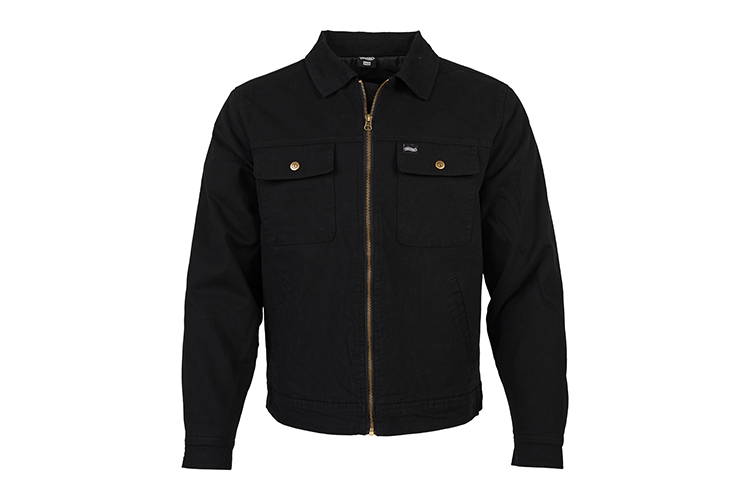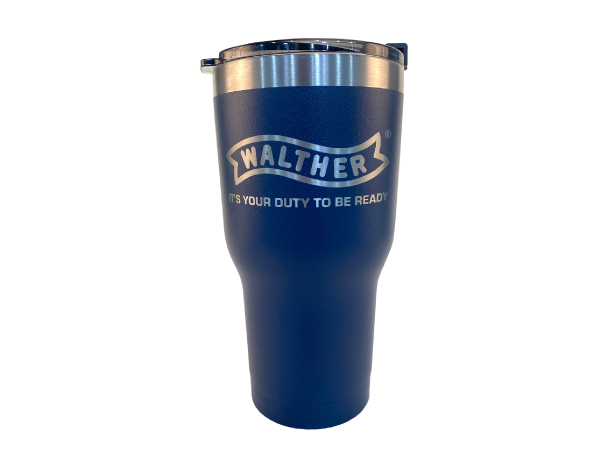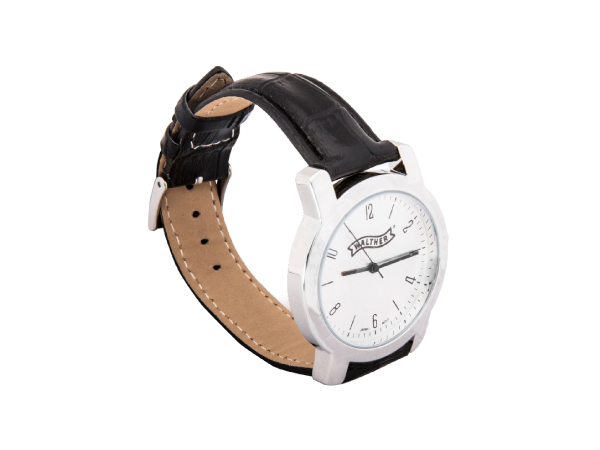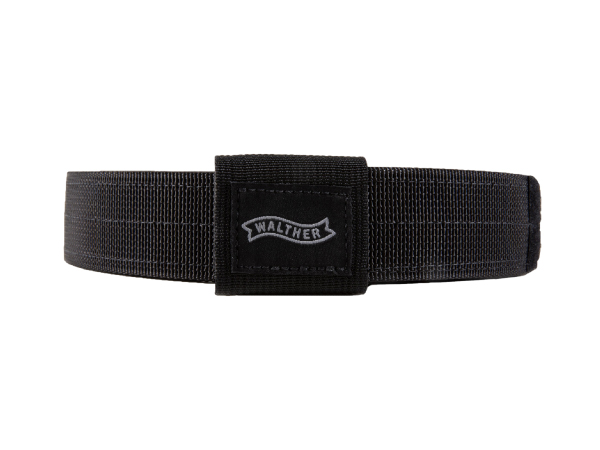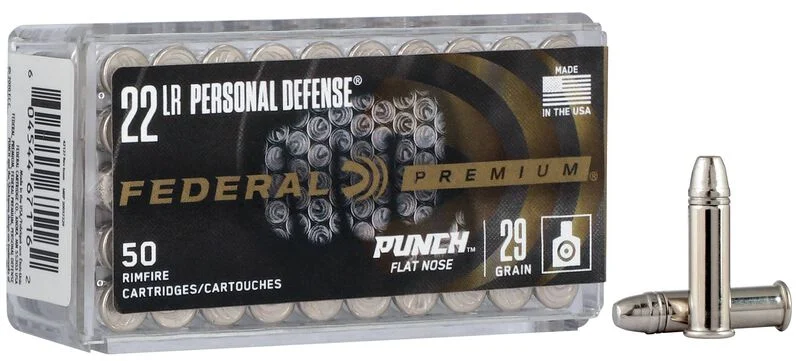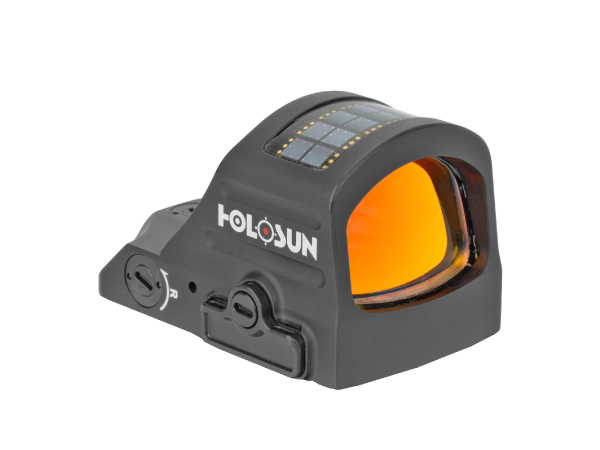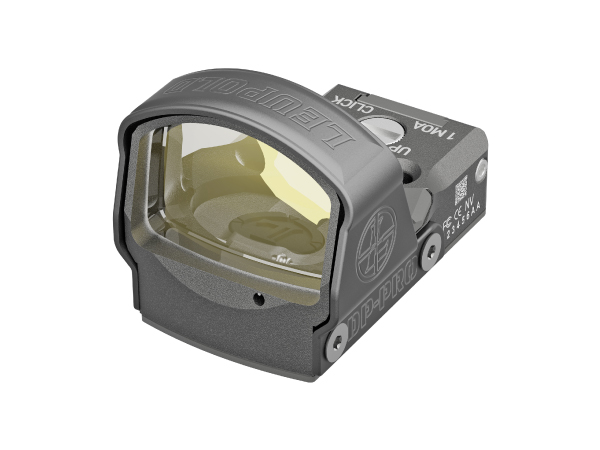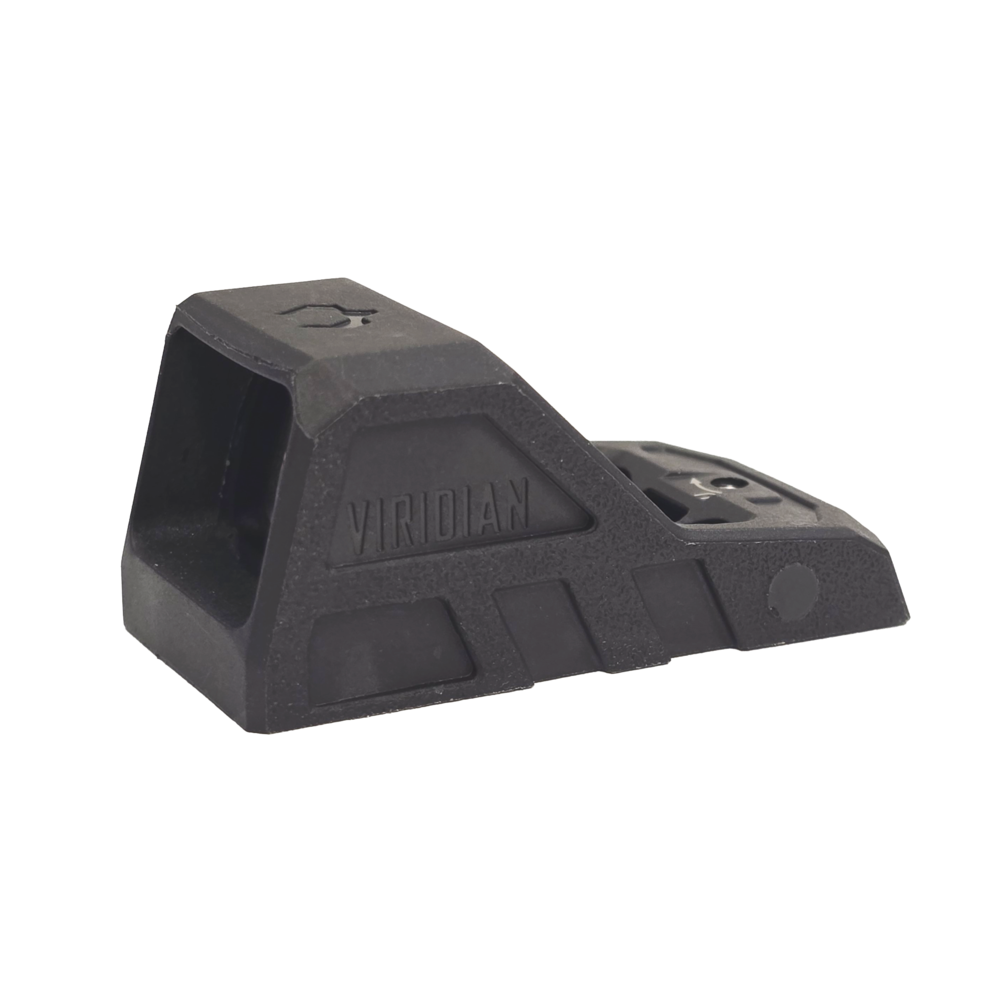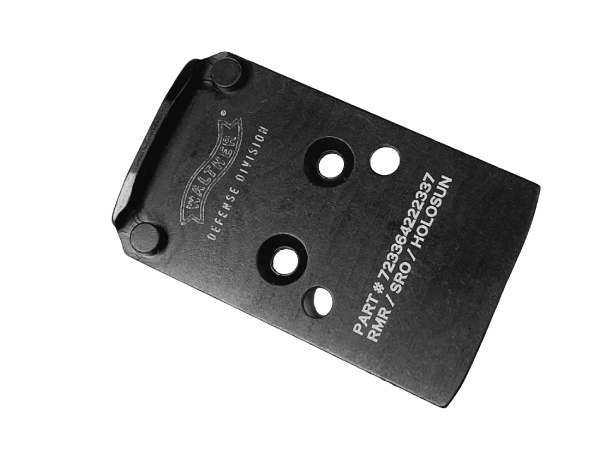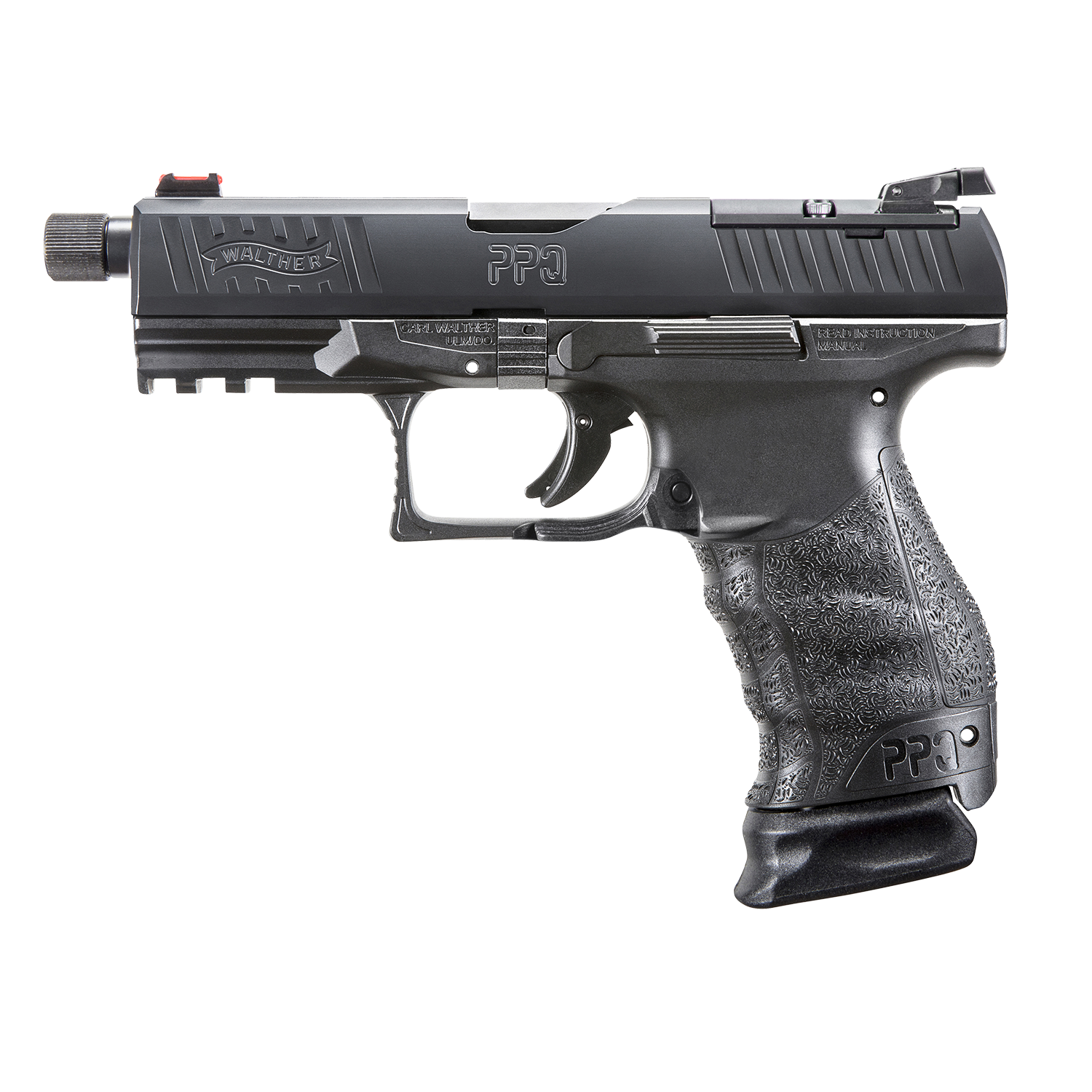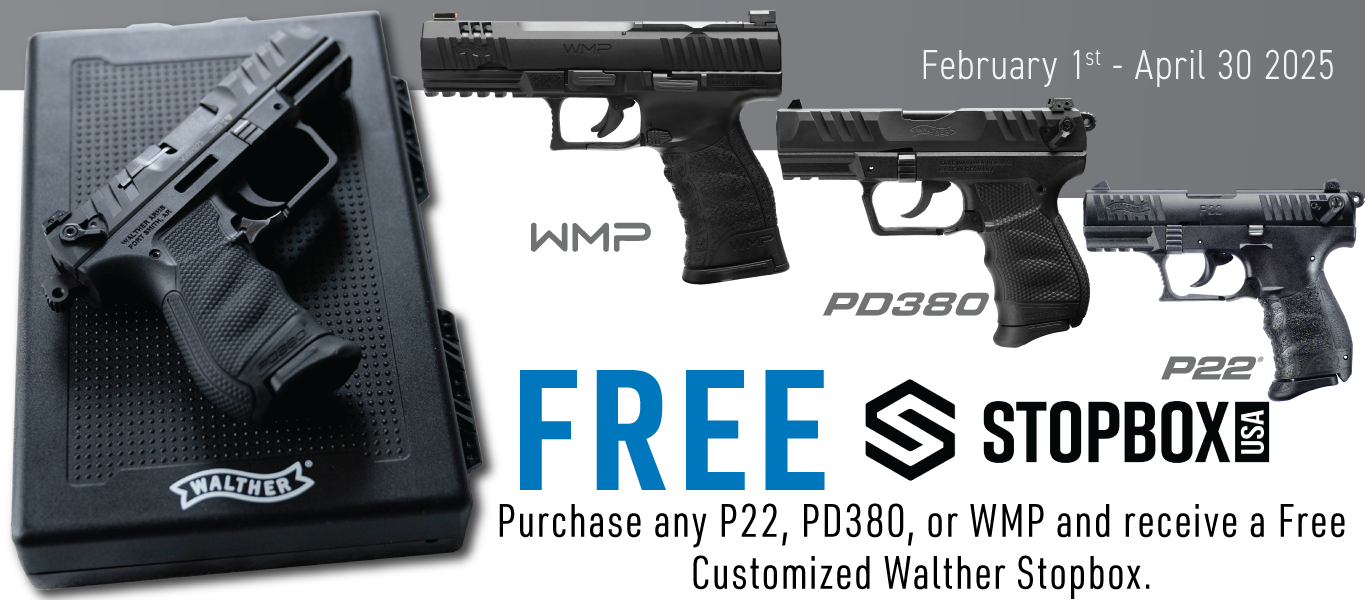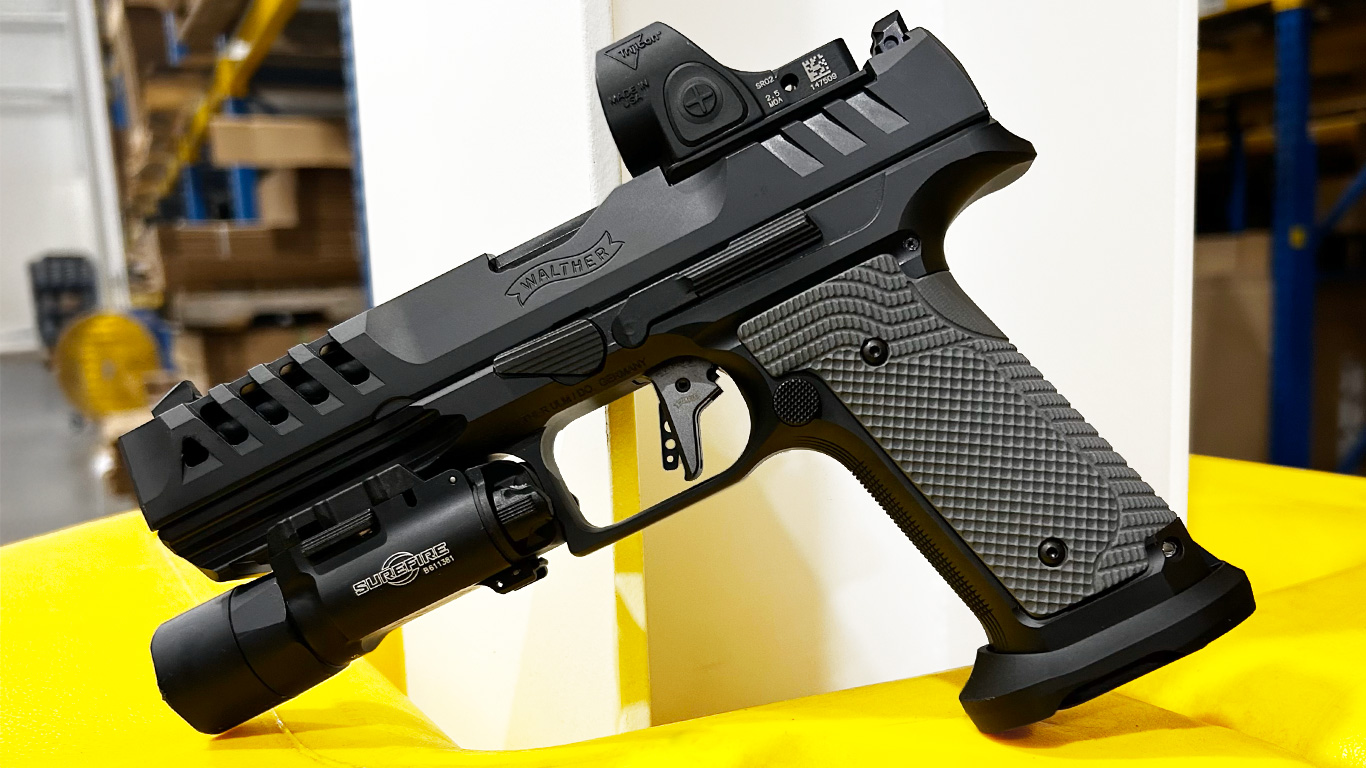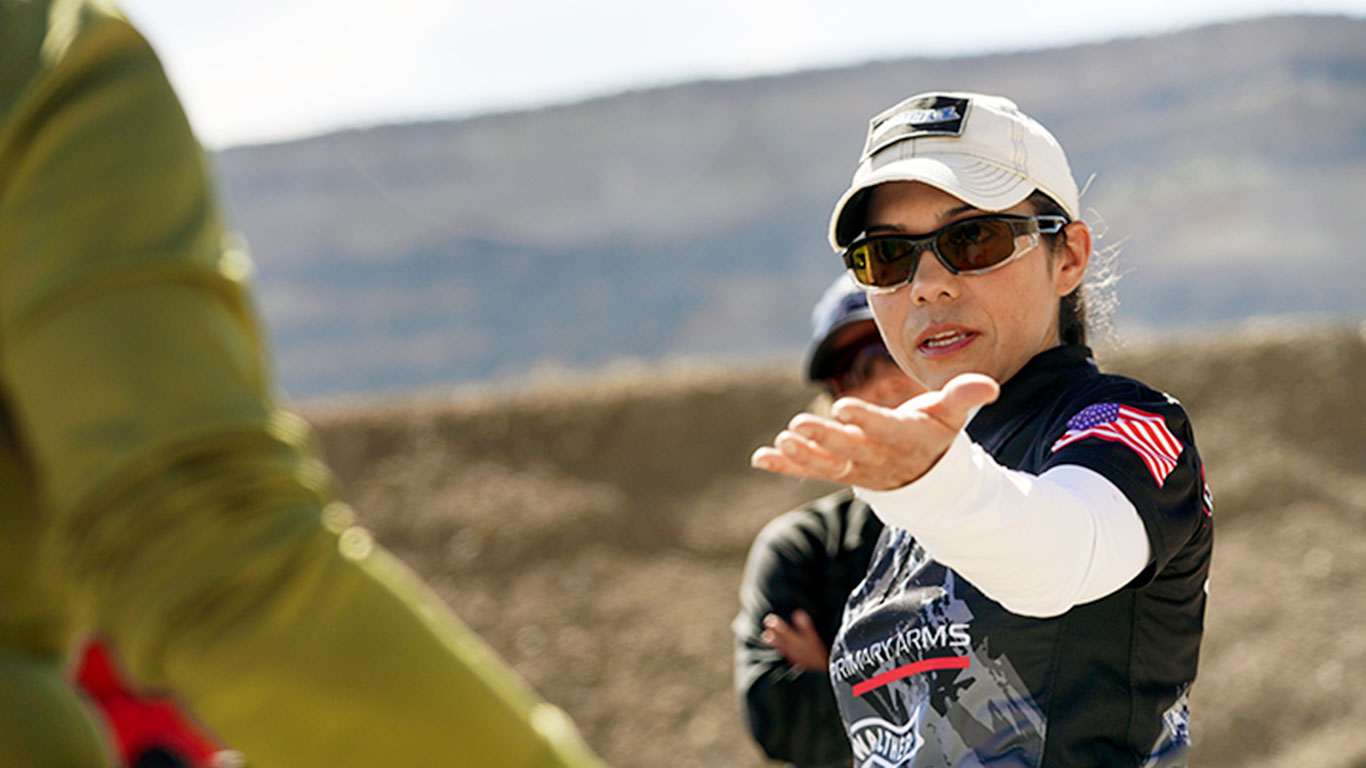How to get into Competitive Shooting
Gabby Franco
I used to say, “I am a competitive shooter,” when people asked about my athletic background. This is a simple answer to a simple question, right? Well, I realized that my answer was too broad, considering the several disciplines in shooting sports. It is like someone who practices taekwondo saying they are a competitive martial artist when you ask them about their hobbies. I am sure you would like to know what martial arts they practice.
Now, when people inquire about my sport, I say that I am a pistol shooter focused on practical shooting competitions, AKA running and gunning. And, of course, you can picture a big smile on my face, specially when I say “running and gunning." I have one as I write it down.
Like martial arts, the shooting sport is diverse and constantly evolving. Thus, in this article, I share how to narrow down a shooting discipline that might be ideal for you to get started in competitive shooting. But, remember: This is just the beginning!
Are shooting competitions limited to age and athletic ability?
Not really. You can participate in any competitive shooting discipline if you know how to handle a firearm safely and follow the rules and commands. Little kids (e.g., seven-year-olds and older) participate in shooting sports under their parents’ supervision, and people in their 70s (and even older) also have fun competing and volunteering at matches. Moreover, wheelchair users and people with other kind of disabilities are active participants in shooting sports. In other words, do not let your perception of what you can and cannot do hold you back.
When thinking about getting into competitive shooting, it is helpful to know your strengths, preferences, limitations, and expectations, to name a few. This will help you choose a shooting discipline where you can thrive. For example, you might be a young or older individual who is eager to do more outdoor activities (strength: You are motivated) who enjoys long range rifle shooting (preference: rifle shooting) but has a tight budget (limitations: low budget), and wants to get out of the routine of range paper target shooting (expectation: doing something challenging). Thus, I would recommend you to check out rimfire Precision Rifle Series (PRS) competitions
Here is another example:
You are a young athletic person (strength: athleticism) who is a good pistol shooter and wants to get into the U.S. Practical Shooting Association (USPSA) or International Defensive Pistol Association (IDPA) competitions (preference: Pistol shooting). You cannot run due to an injury (limitations: you are injured) but want to start enjoying the sport (expectations: have fun). Should you wait until you are fully recovered to participate? Not at all. I recommend participating in Steel Challenge competitions with the same gun you would shoot in USPSA or IDPA (e.g., Walther PDP with an optic). Or do what I did after my ACL reconstruction: I didn’t run; I walked in USPSA competitions!
Narrowing down your options is not to say you should not try every shooting discipline out there. On the contrary, you will maximize your efforts and see results sooner when you focus on one sport at first. After a while, you can assess your experience and choose to stay or change to another shooting sport. I listed the websites of popular shooting disciplines at the end of this article for your convenience.
Where can you find shooting competitions?
Contact your local (indoor and outdoor) gun ranges or even gun stores to get you started. Several indoor and outdoor gun ranges host shooting matches. Sometimes, they have weekly fun shoots like bowling pins or precision shooting tournaments for their customers. However, don’t be disappointed if you cannot find matches near you. Often, shooters drive one and even two hours to find quality match. Keep on searching!
Another convenient option is to visit shooting sport's websites like USPSA.org and PractiScore.com. These platforms provide information of a wide range of matches in your area, making it easy to find and participate in competitions that suit your interests and schedule.
My local range hosts matches. Should I compete even though I have never done any shooting competitions?
Part of me wants to say, “YES! Show up and have fun” BUT, Let's pause for a second… Would you go to a taekwondo tournament when you have only practiced Bruce Lee's movements at home or with friends? Probably not.
Learning more about the competition you want to participate is essential. For example, is it a USPSA, IDPA, or multi-gun match? You want to learn about essential rules, type of firearm, and gear you need.
Finding that information on your own might be difficult. So, go to a match as a spectator a few times. Announce yourself as such to the match director because you might still need to sign a waiver even if you are not competing. Ideally, bring a friend with you to discuss what you saw and learned during and after the match.
Most shooters are friendly and willing to answer questions about the competition, gear, firearms, and even training opportunities, so do not hesitate to ask them what they use and why. But remember, they are COMPETING! So, be respectful of their time.
This will give you a good jump start to show up to your first match with an ideal gun, equipment, and some knowledge that will set you up for success!
Are there any specific rules I should follow?
Each discipline has its own set of rules. However, following safety rules like keeping the muzzle down range and keeping the finger off the trigger when not engaging a target are mandatory. These are a few of many rules common in practical shooting competitions like IDPA and USPSA:
- 180 rule: Stablishes that competitors can only engage targets between an imaginary line parallel to the downrange berm and the downrange berm. It follows the shooter and does not rotate even if you do. This video from ROI further explains the 180 rule.
- Finger off the trigger: Practice moving your finger off the trigger when performing mag changes, moving from position to position, and while loading and unloading the gun, to name a few.
- Follow the Range Officer’s (RO) commands. For example, you can only load a firearm when the RO commands you to do so. If they say STOP, you must stop.
- Safe tables: You must bag and unbag your handgun in a safe table. Ammunition is not allowed in this table.
- Sportsmanship 2-gun and 3-gun competitions as long as you set up your rifle to be legal for both disciplines and divisions.
Don’t wait for the perfect time to participate in shooting matches. Start acquiring knowledge and proficiency now, as the matches are safe, enjoyable, and a great opportunity to learn. I hope to see you at the range!

